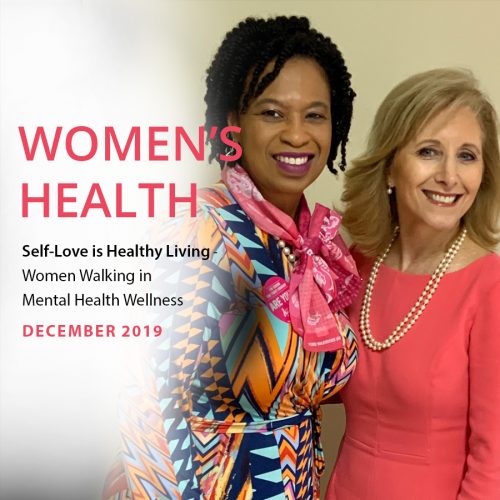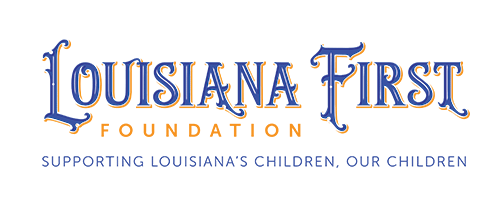Women’s Health
WOMEN'S HEALTH BLOG December 2019
Words from Kimiyo Harris Williams, M.D., FAAP
“Self-Love is Healthy Living-Women Walking in Mental Health Wellness”
As I reflect on this year of 2019, it’s been one of great victories and amazing opportunities. The wonderful stories of accomplishment are not only evident in my own personal experiences but they are testimonies from friends and family alike. I have heard of accounts of promotions in the workplace, career transitions and retirements to complete healing from cancer. These stories have been a catalyst of extreme joy in the lives of many.
However, intertwined in the happiness of these victories have been times of sorrow. There were too many funerals to attend; too many marriages ending and too many reports of debilitating illness. Witnessing and experiencing the grief of a close friend during the loss of both of her parents within only a few months was devastating. The pain intensified when I, myself, lost my great aunt in April of this year. My great aunt assumed the role of grandmother because my paternal grandmother, her sister, passed before I was born. The unexpected death of my great aunt left me very sad but not without hope. Moreover, literally wrapping my arms around girlfriends during the process of divorce has opened my eyes to the importance of mental health wellness in a real and personal way.

19.1% of U.S. adults experienced mental illness in 2018 (47.6 million people). This represents 1 in 5 adults.
Being there to support my sisters is very noble but in order to provide beneficial help, I must be whole myself. We all will have struggles and disappointments in life that will affect us differently. It is very important to be cognizant of our overall mental health status. Furthermore, it’s essential to know our baseline mental health state and acknowledge a need for help.
The National Alliance on Mental Illness (NAMI) reports that 19.1% of U.S. adults experienced mental illness in 2018 (47.6 million people). This represents 1 in 5 adults. The NAMI further states that distinguishing between expected behaviors and what might be the signs of a mental illness can sometimes be difficult. Each illness has its own symptoms, but common signs of mental illness in adults and adolescents can include the following: excessive worrying or fear; feeling excessively sad or low; confused thinking or problems concentrating and learning; extreme mood changes, including uncontrollable “highs” or feelings of euphoria; prolonged or strong feelings of irritability or anger; avoiding friends and social activities; difficulties understanding or relating to other people; changes in sleeping habits or feeling tired and low energy; changes in eating habits such as increased hunger or lack of appetite; changes in sex drive; difficulty perceiving reality (delusions or hallucinations, in which a person experiences and senses things that don’t exist in objective reality); inability to perceive changes in one’s own feelings, behavior or personality; abuse of substances like alcohol or drugs; multiple physical ailments without obvious causes (such as headaches, stomach aches, vague and ongoing “aches and pains”);thinking about suicide; inability to carry out daily activities or handle daily problems and stress; an intense fear of weight gain or concern with appearance. To learn more about mental health illness visit: https://www.nami.org.
I encourage anyone experiencing any of these symptoms to seek care from a mental health professional. Learning all you can about mental health is an important first step in seeking mental health treatment. Additionally, contacting your primary care doctor, state mental health department and your health insurance company for more resources are important in initiating treatment. The NAMI HelpLine can also be a valuable resource in assisting with information on services and supports available in your community.
If you or someone you know needs help now, you should immediately call the National Suicide Prevention Lifeline at 1-800-273-8255 or call 911.
With the alarming mental health statistics reported by the NAMI that 1 in 5 U.S. adults experience mental illness per year, it is imperative to encourage increased mental health awareness among our mothers, sisters, daughters and girlfriends. Embracing the idea that it’s “okay” to seek the help we need, I am thankful that my friend, my family and I decided to pursue the care needed as we learn to navigate life without our loved ones. Let us continue to be our sister’s keeper by intervening when we see any warning signs of mental illness and encouraging mental health wellness.

